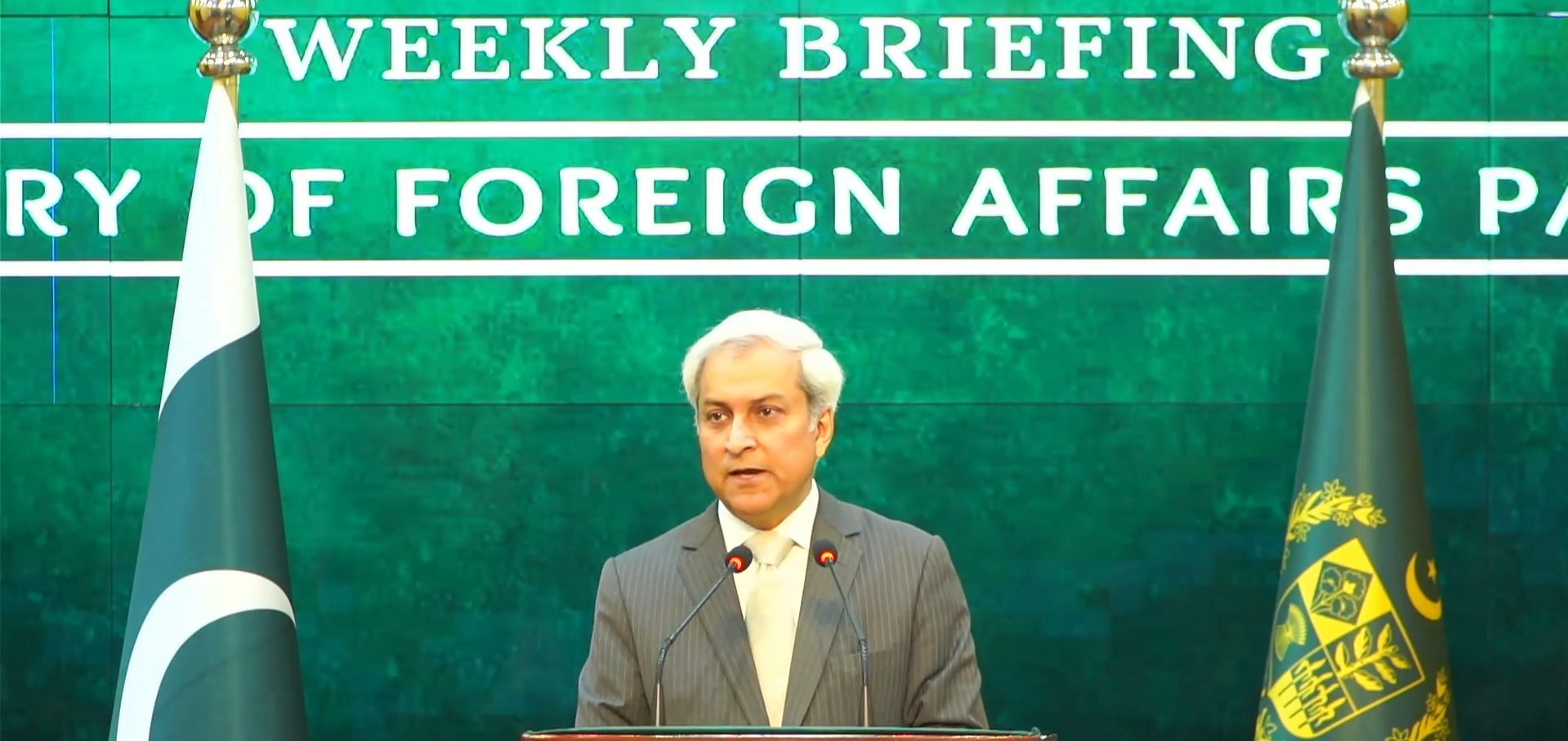PESHAWAR: Peshawar is one of South Asia’s oldest living cities, more than two thousand years of history and culture echo in its streets. But nowhere is that legacy more alive than in Namak Mandi, the old salt market now humming with hungry crowds and the rich, smoky scent of cooking meat.
In the old Namak Mandi, once a market for salt, food has taken center stage. Fittingly, the dishes that define it, Tikka and Karahi, are cooked with just salt, fire and lots of patience, carrying forward traditions as old as the city itself.
Fresh meat, cut to order, drops into sizzling karahis or skewered on ‘seikhs’ and slow‑cooked until tender. No heavy spices, no shortcuts. Just the purity of flavor carried down through generations of chefs.
“This smoky bazaar has become a stage where heritage meets modern fascination, from food bloggers to social media travelers, everyone’s chasing a taste of Peshawar,” said Chef Iftikhar Gul, his hands stained with charcoal, speaking to Pakistan TV.
To walk into Namak Mandi is to immerse yourself in its warmth. For visitors, Namak Mandi offers more than a meal. It is an immersion into Peshawar’s warmth. A chance to sit with strangers, share bread and taste a bit of history. A tourist, spooning curry into naan, reflects on the moment, savoring more than food, community.
Tikka, roasted on skewers, recalls the nomads of Central and Western Asia who traveled through these lands. Karahi, cooked and shared in one pan, reflects the Pashtun spirit of communal hospitality. Together, they make Namak Mandi more than a food street, a crossroads of cultures.
Among the smoke and sizzle, there is artistry. A young food blogger snaps photos of rolling smoke, the glow of charcoal, flickering flames beneath karahis heavy with meat. He posts them online: “In Namak Mandi, food is more than taste, it is tradition, hospitality and history served on a plate.” And in this tikka, smoky and simple, you discover why Peshawar is not just ancient. It is timeless.
Every bite of Tikka and Karahi here seems to carry the layers of time: recipes carried in memory, methods passed down, techniques refined without modern gimmicks. The recipes are simple: fresh meat, salt, fire. Many have tried to replicate it, but as one local chef says, tradition lives in the patience, the smoke, the rhythm — in letting the meat speak for itself.
As sunset bleeds into evening, Namak Mandi pulses. Charcoal fires flare dimly, woks clatter, laughter rises above the din. Food stalls glow under lamps; patrons, locals and visitors, sit elbow‑to‑elbow with shared curiosity and hunger. They taste more than spicy meat; they taste humility, ritual, authenticity.
For families coming in after a long day, for travelers hunting flavor, for anyone seeking a piece of heritage, Namak Mandi delivers. It is simplicity made radiant. It is tradition toasted over flames. It is culinary faithfulness in a changing world.





